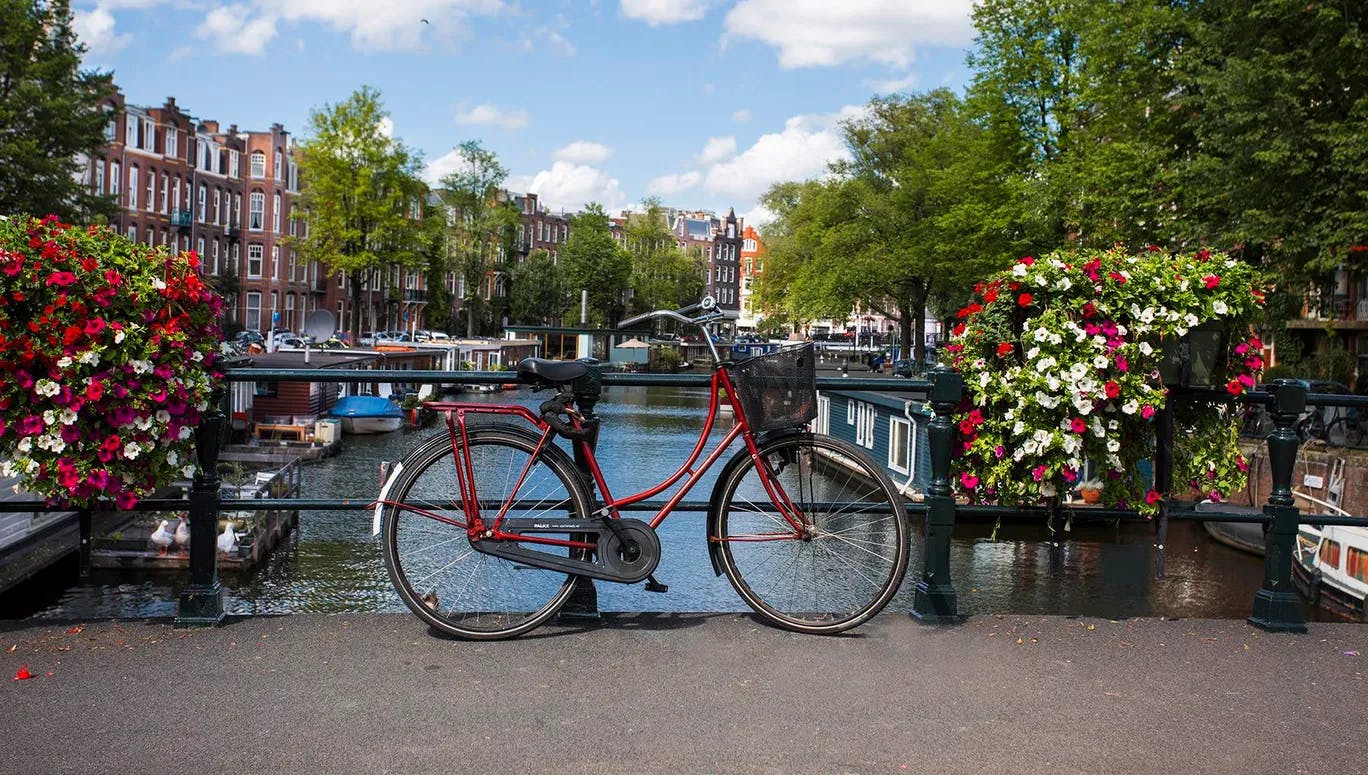Changes to regulations in summer 2022 that might affect you
Every summer there are changes to rules and regulations that will affect many internationals living in the Amsterdam Area. Read on to find out more.
Taxes and finances
The VAT on energy has been temporarily reduced from 21% to 9% since 1 July. The measure is a response to recent steep increases in energy prices which are affecting consumers and businesses. The reduced rate will apply up to and including 31 December 2022.
The statutory gross minimum wage for employees 21 years of age and older has increased to €1,756.20 per month (€405.30 per week). Social security benefits that are indexed to the minimum wage have increased accordingly.
The salary threshold for highly skilled migrants has been adjusted. Those over 30 years of age must earn a minimum of €4,840.00 gross per month, for highly skilled migrants younger than 30 years the threshold is €3,549.00 gross per month.
The amount you must earn in order to bring a foreign national to the Netherlands also increased on 1 July. The minimum is now €1,756.20 gross per month without holiday allowance and €1,896.70 gross per month including holiday allowance.
Learn more about the 2022 salary thresholds for various immigration situations.
Family matters
From 2 August 2022 parents are entitled to nine weeks of paid parental leave during the first year of their child’s life. This benefit is equal to 70% of the parents’ daily wage (up to 70% of the maximum daily wage). It is in addition to the existing 16 weeks of maternity leave for the mother and 6 weeks of family leave for the partner.
Child benefits have increased for the second half of 2022. The benefit payment per child per quarter is €249.31 for children up to 5 years, €302.74 for children from 6 to 11 years and €356.16 for children from 12 to 17 years. The payment for Q3 will be made on 3 October. Find out more about child benefit payments.
Employment law
New EU legislation designed to improve employees’ working conditions came into effect on 1 August. Among the new regulations are the requirement that employers provide staff with clearer information on working conditions, rights and duties. If the work pattern is unpredictable, employees must be told at what times they may have to work, and employers must do more to make the work pattern as predictable as possible. Employers are also obliged to pay all related costs for compulsory training courses. Read more about other changes affecting employment law.
Other changes
Since 1 July it has been compulsory for smoke detectors to be installed on every floor of commercial buildings and homes. Landlords are responsible for installing detectors in rented properties while homeowners must do so on every floor of their home with a living room, bedroom or kitchen.
Membership of a public library is now free for everyone in the Netherlands under the age of 18.
Everyone over the age of 12 will be offered another booster vaccination against the coronavirus this autumn. People with a higher medical risk, and healthcare personnel who have contact with patients, will be invited for a vaccination first, and then all others over 12 years of age. The new round of vaccinations is expected to begin in the second half of September. A repeat shot can be taken three months after the last COVID-19 vaccination or an earlier infection.
For regular updates on news and events of interest to the international community in the Amsterdam Area, sign up for the IN Amsterdam newsletters. Our monthly roundups will keep you informed and help you feel at home.
